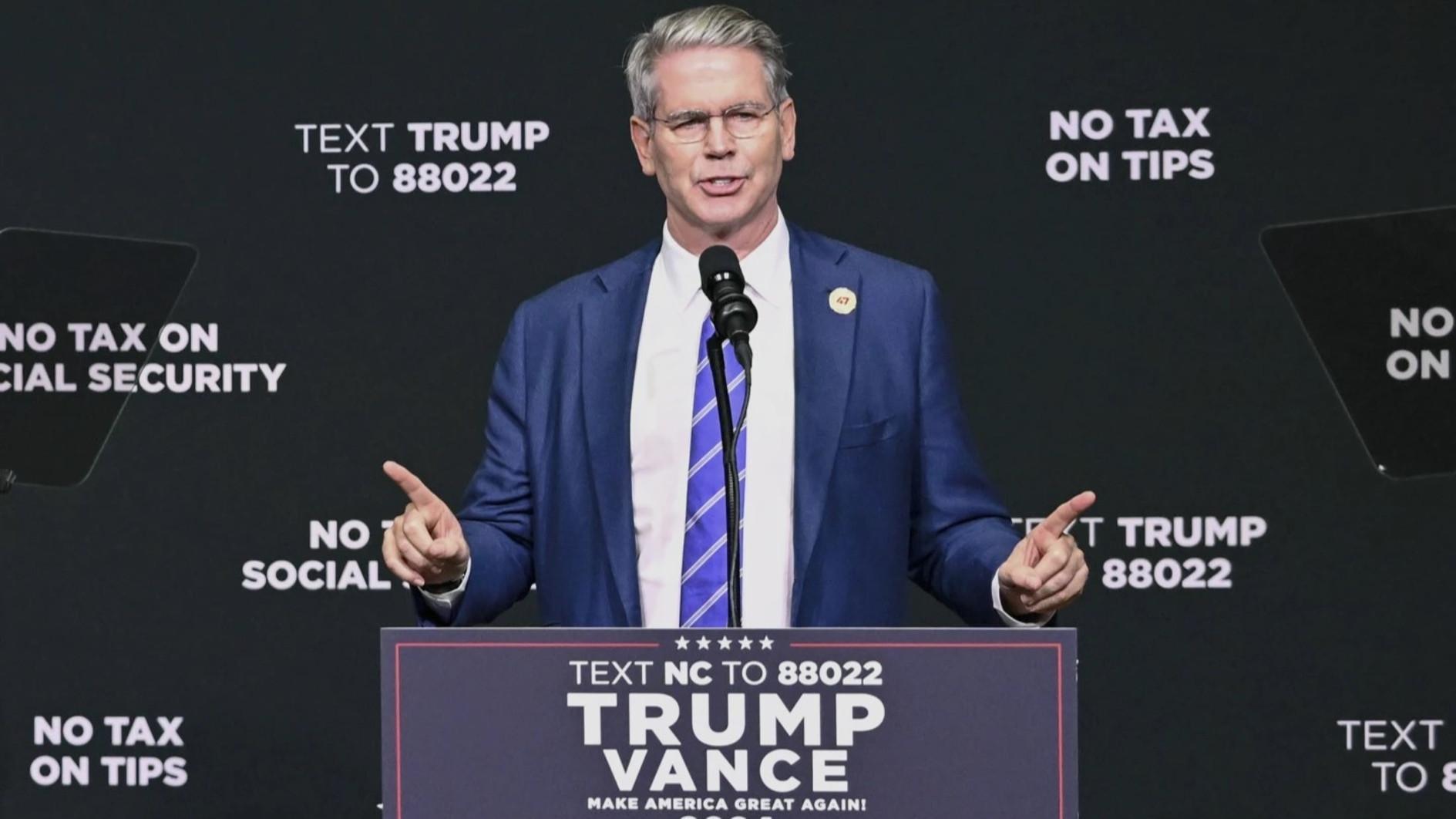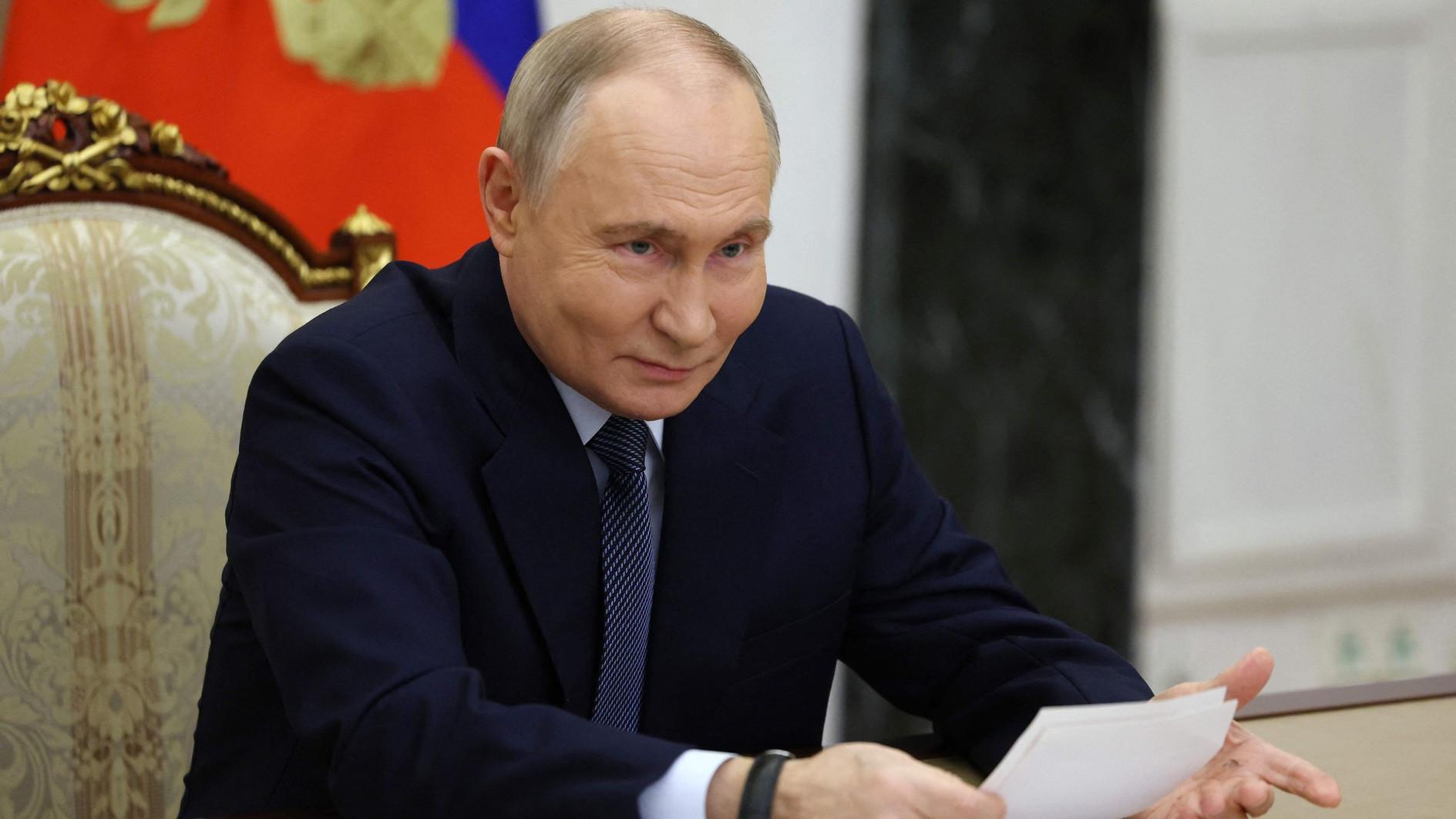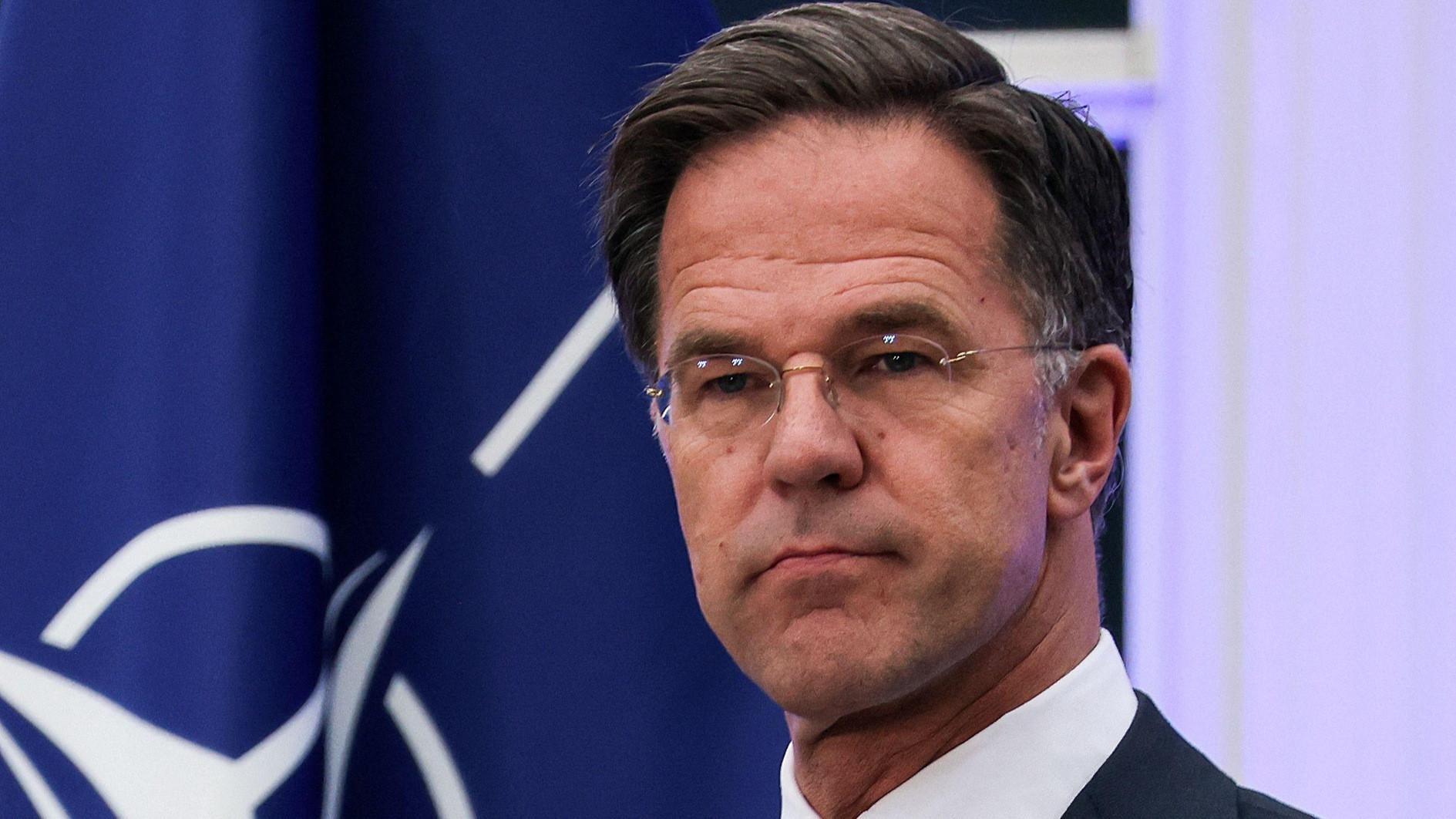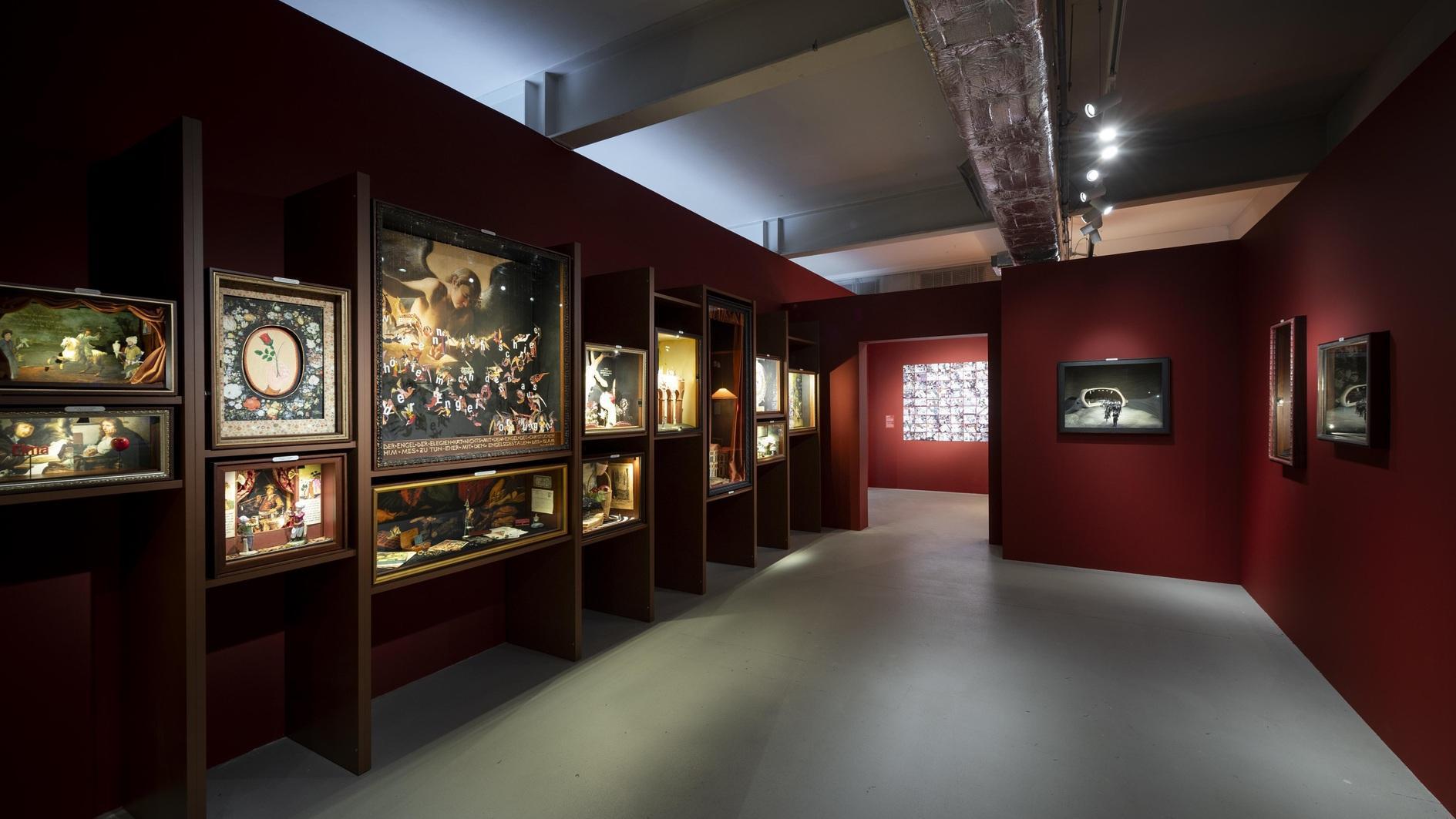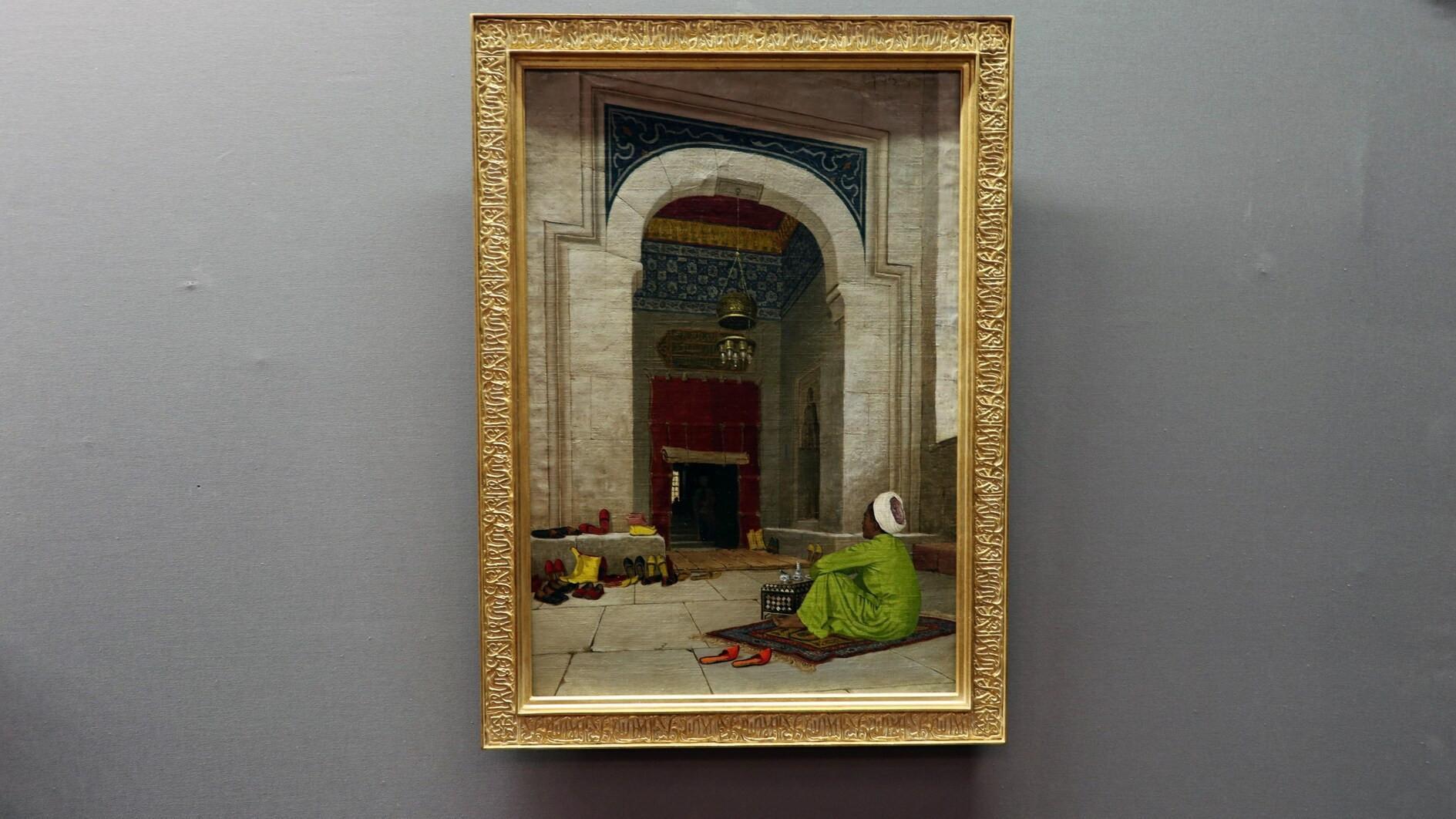Turkish President Erdoğan recites Islamic prayer at the Hagia Sophia
ISTANBUL
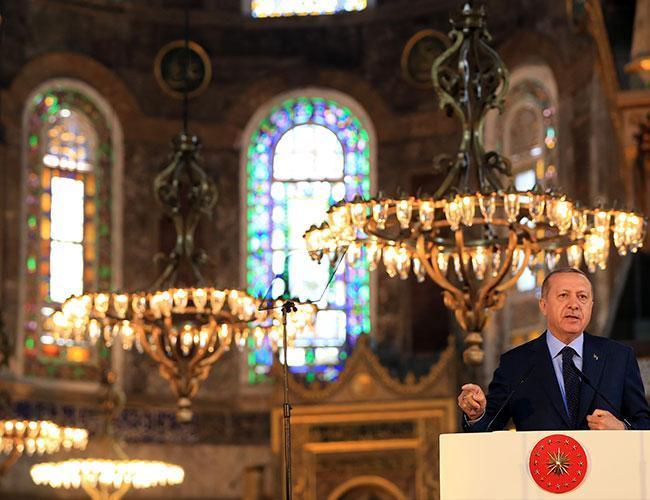
President Recep Tayyip Erdoğan recited an Islamic prayer on March 31 in the Hagia Sophia, a historic Istanbul landmark that has become a symbol of interfaith and diplomatic tensions.
Erdoğan called on guests attending the opening of a festival to join him in silently reciting the first verse of the Quran, dedicating the prayer to the “souls of all who left us this work as inheritance, especially Istanbul’s conqueror.”
The Hagia Sophia was built during the 6th century Christian Byzantine Empire and served as the seat of the Greek Orthodox Church. It was converted into an imperial mosque with the Ottoman conquest of Istanbul in 1453.
Turkey’s secular founder Mustafa Kemal Atatürk made the structure a museum in 1935 but there have been calls in recent years to turn it back into a mosque.
Thousands of Muslim Turks have prayed outside the Hagia Sophia over the years to demand that it be restored as a place of worship. In 2015, a cleric recited from the Quran inside the building, a UNESCO World Heritage site, for the first time in 85 years.
The following year, Turkey’s religious authority began hosting and broadcasting religious readings during the holy month of Ramadan and the call to prayer was recited to mark the first revelation of the Quran to the Prophet Muhammad.
Speaking at the opening of the first Yeditepe Biennial, focusing on classical Turkish art, Erdoğan said on March 31 that it was “difficult and emotional” to be speaking at the Hagia Sophia, which he described as “magnificent and holy.”
Greece has protested the Turkish government’s religious use of the venue, calling it last summer an “affront to the international community,” the Associated Press reported.
The Turkish Foreign Ministry condemned the Greek statement, saying it distorted the events and arguing that Greece made it difficult for Muslims to practice their faith.
Heather Nauert, a spokeswoman for the U.S. State Department at the time, said the venue had a “great significance to other faiths, many faiths” and called on Turkey to “preserve the Hagia Sophia in a way that respects its complex history.”


